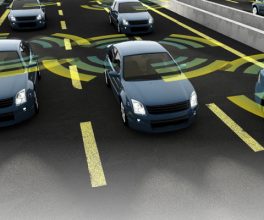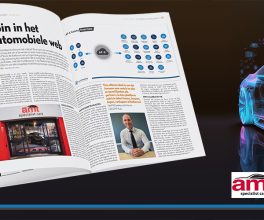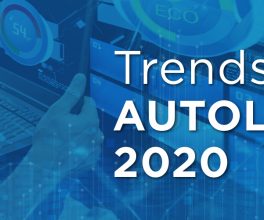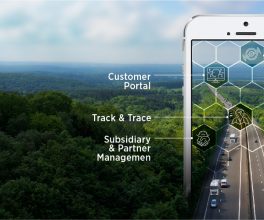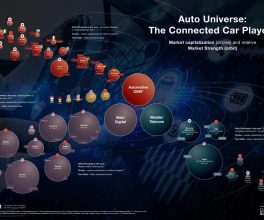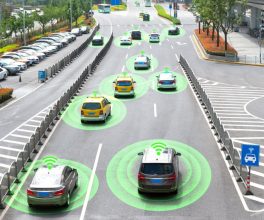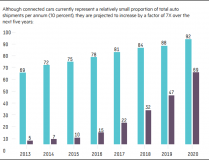Ahead of the 20 February vote in the TRAN Committee on the draft report on a European strategy on Cooperative Intelligent Transport Systems access to vehicle data, Laurianne Krid takes a look at the issues facing motorists with regard to the automotive digital economy.
Laurianne Krid is the Director General at Fédération Internationale de l’Automobile (FIA) Region I.
Vehicles are becoming increasingly connected, which is having an impact on both motorists and independent service providers, like those that FIA Region I represents. The opportunities presented by the digital economy are leading to the development of innovative, new business models such as the faster servicing of cars and the provision of ever more sophisticated driving tools, including automated driving.
However, a recent but under-reported study carried out for the European Commission explored the likely consequences of different approaches to accessing vehicle data. One of the key findings expressed concern over the approach offered by vehicle manufacturers. The so-called ‘Extended Vehicle’ concept – which in essence allows for a carmaker to control who has access to vehicle data – was found to have distinct problems with regard to fair and undistorted competition. And as highlighted in our own legal assessment, nearly all vehicle-generated data can be considered as personal data.
What is also clear, is that independent service providers are now facing a growing number of automotive digital roadblocks. There are major concerns about carmakers becoming data gatekeepers with the potential to block access requests, monitor usage and impose substantial costs for other service providers to access this new ‘digital gold’. And the race is now firmly on to achieve the real-world application of ‘consumer consent’ and how to avoid Big Brother scenarios where ‘going offline’ means being offline and does not entail clandestine tracking of driver behaviour.
Consumers want action here too. In a Europe-wide survey of motorists carried out by FIA Region I and our members, 95% of respondents to the survey said there is a need for specific legislation in this area to protect their rights.
What can Europe do?
On privacy issues, we have a lot of hope for the GDPR but monitoring its real-world application will be essential. Fuzzy but critical principles such as ‘privacy by design and default’ will need special attention. This is essential so as to ensure that all industry players are abiding by the spirit of the law and not the rather subjective letter of the law – something that, of course, didn’t work out so well with emissions rules à la Dieselgate.
But on issues concerning access to data, it is clear that dedicated rules and regulations are required. This is why FIA Region I has been calling on EU decision-makers to come forward with legislation as a matter of urgency. Regulations must be fit for the real-time, instant-access world we live in today, and be prepared for the inevitable advances in connectivity of the future.
Ultimately, we want to see the Commission come forward with a legislative proposal that builds upon the 2015 EU e-call regulation and which highlighted the need for a “standardised, secure and open access platform”.We need technical legislation that ensures fair competition and above all guarantees strong consumer choice, data privacy, cybersecurity and a vibrant high-quality automotive after-market sector.
And next week, we will see how far the European Parliament is willing to go in a vote on access to vehicle data in the Transport Committee. We will see if they support consumer choice, competition and fair access to data, or whether they will side with the car manufacturers and let the Commission off the hook.
Now is the time for the European Parliament to leverage itself on this matter and to lay down the challenge to the Commission: Adopt robust rules and regulations or risk the healthy, vibrant, consumer-friendly and competitive aftermarket sector that exists in Europe today.
Author – Laurianne Krid
Courtesy of EURACTIV

